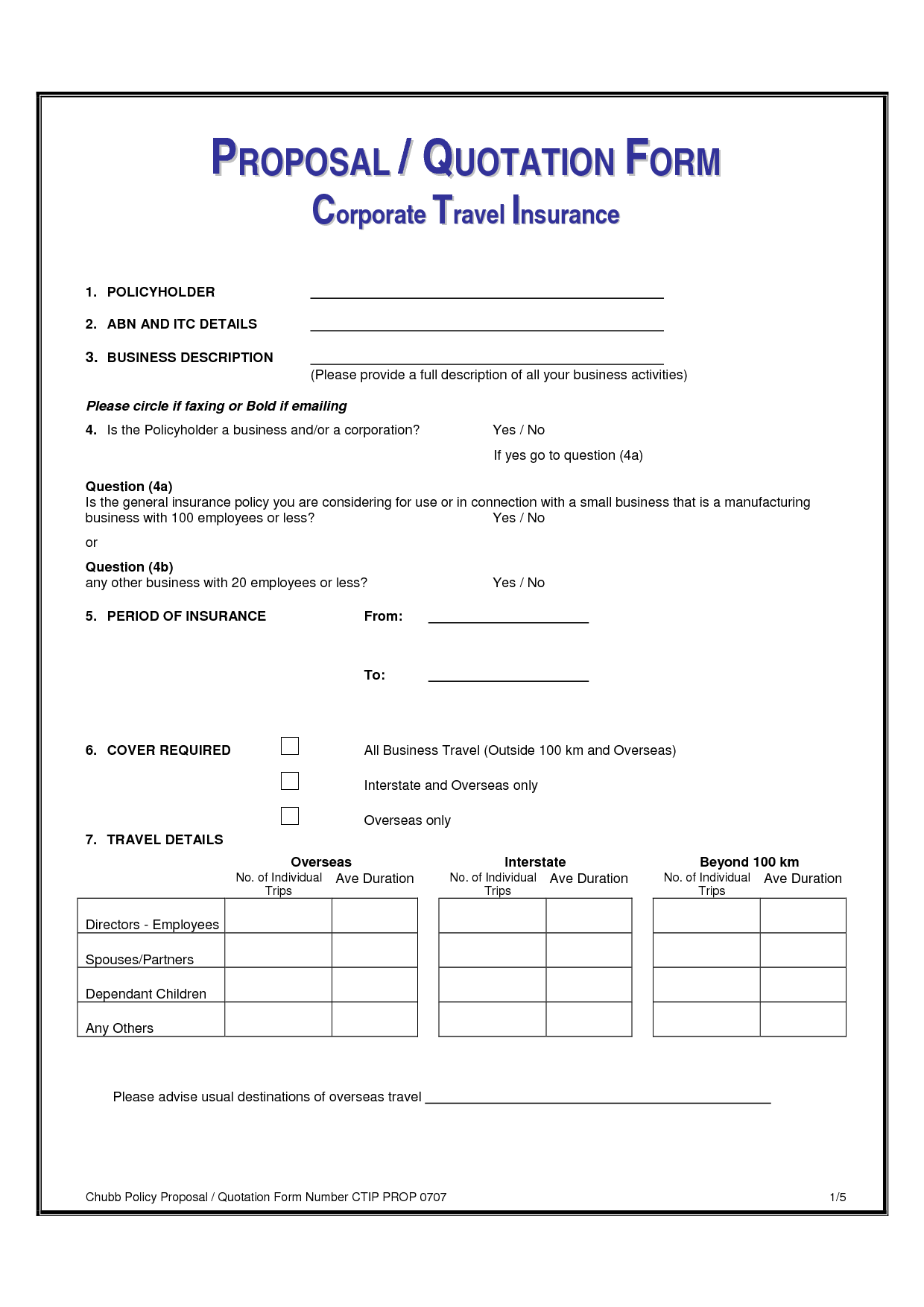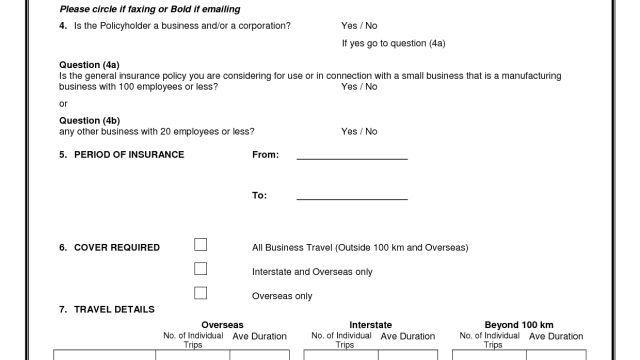Welcome to the comprehensive guide that will help you navigate the world of home insurance effortlessly. Your home is not just a physical space, but a haven for you and your loved ones. Protecting it with the right insurance coverage ensures that you can maintain your peace of mind, even in the face of unexpected events.
As we all know, life is full of uncertainties. Natural disasters, theft, accidents – these are unforeseen events that can cause damage or loss. That’s why having a comprehensive home insurance policy is crucial. Home insurance provides financial protection against a wide range of risks, ensuring that you can restore and rebuild in case of any unfortunate circumstances.
However, understanding the intricacies of home insurance and choosing the right coverage can be overwhelming. That’s where this guide comes in. Whether you’re a new homeowner or looking to upgrade your current policy, we will walk you through the essential aspects of home insurance, step by step. From determining the right coverage for your specific needs to navigating the claims process, we’ve got you covered.
So, sit back, relax, and delve into our ultimate guide to home insurance. By the end, you will have the knowledge and confidence to make informed decisions about protecting your property and securing your peace of mind for years to come. Let’s get started on this exciting journey together!
Understanding Home Insurance Policy
One of the key aspects of protecting your home and ensuring peace of mind is having a comprehensive home insurance policy. A home insurance policy is an agreement between you and an insurance company, where you pay a premium in exchange for coverage and protection for your property. It serves as a financial safeguard against unexpected events that could potentially cause damage or loss to your home.
When it comes to understanding your home insurance policy, there are a few important factors to consider. Firstly, it’s essential to know what is covered by your policy. This typically includes the structure of your home, as well as any detached structures like garages or sheds. Additionally, most policies will cover your personal belongings such as furniture, appliances, and electronics. It’s crucial to review your policy thoroughly to understand the exact scope of coverage provided.
Secondly, it’s important to be aware of the various types of coverage available. Home insurance policies often include different types of coverage, such as dwelling coverage, which protects the physical structure of your home, and personal property coverage, which covers the belongings within your home. Other common types of coverage include liability coverage, which protects you in the event of someone being injured on your property, and additional living expenses coverage, which provides financial assistance for temporary accommodations if your home becomes uninhabitable due to a covered event.
Lastly, understanding the terms and conditions of your policy is vital. Familiarize yourself with the deductibles, limits, and exclusions outlined in your policy. Deductibles are the amount you must pay out of pocket before your insurance coverage kicks in, while limits refer to the maximum amount the insurance company will pay for a claim. Exclusions are specific situations or types of damage that are not covered by your policy, so be sure to review them carefully to avoid any surprises in the event of a claim.

By understanding the ins and outs of your home insurance policy, you’ll be better equipped to protect your property and maintain peace of mind. Remember to regularly review and update your policy as needed to ensure you have the coverage necessary to safeguard your home and belongings.
This concludes the first section of our ultimate guide to home insurance. Stay tuned for the next section, where we’ll delve into how to choose the right home insurance policy for your needs.
Choosing the Right Coverage
When it comes to home insurance, selecting the appropriate coverage is crucial. Protecting your property and ensuring your peace of mind starts with understanding the various options available. Let’s delve into the key factors to consider when choosing the right coverage for your home.
-
Evaluate Your Needs: Begin by assessing your unique requirements. Consider the value of your home and its contents, as well as any additional structures on your property. Take into account potential risks, such as natural disasters or theft, that might pose a threat to your home. By thoroughly understanding your needs, you can select a policy that provides comprehensive protection.
-
Understand Policy Types: Familiarize yourself with the different policy types available. The two primary options are replacement cost and actual cash value. Replacement cost coverage ensures that you receive the full amount required to rebuild or repair your home, while actual cash value coverage takes depreciation into account. Carefully review each policy type to determine which one aligns best with your needs and budget.
-
Compare Deductibles and Premiums: Deductibles and premiums significantly impact the cost of your home insurance. A deductible is the amount you must pay before your insurance coverage kicks in after a claim, while premiums are the monthly or annual payments you make for your policy. Strike a balance between a deductible you can comfortably afford and premiums that fit within your budget. Ensure that both are reasonable should you need to file a claim.
By following these guidelines, you can make an informed decision when choosing the right coverage for your home insurance policy. Protecting your property against unforeseen circumstances brings not only financial security but also peace of mind.
Tips for Saving on Home Insurance
-
Compare Insurance Quotes: To ensure you’re getting the best deal on your home insurance, it’s important to compare quotes from different insurance providers. Take the time to research and gather quotes from multiple companies to find the policy that offers the coverage you need at the most competitive price.
- workers comp insurance Michigan
Increase Home Security: Installing security features in your home can not only help protect your property but also lower your insurance premiums. Consider adding features such as burglar alarms, deadbolt locks, smoke detectors, and a security system. These extra precautions show insurance providers that you take the security of your home seriously, potentially resulting in lower premiums.
-
Bundle Your Policies: Combining your home insurance with other policies, such as auto insurance, can often lead to savings. Many insurance companies offer multi-policy discounts, rewarding customers who choose to bundle their coverage. Be sure to inquire about these discounts when obtaining quotes or when reviewing your existing policies.
Remember, every insurance provider has its own set of criteria when determining premiums, so it’s crucial to thoroughly research and compare options before making your decision. By implementing these tips, you can potentially save on your home insurance while still ensuring your property and peace of mind are protected.
